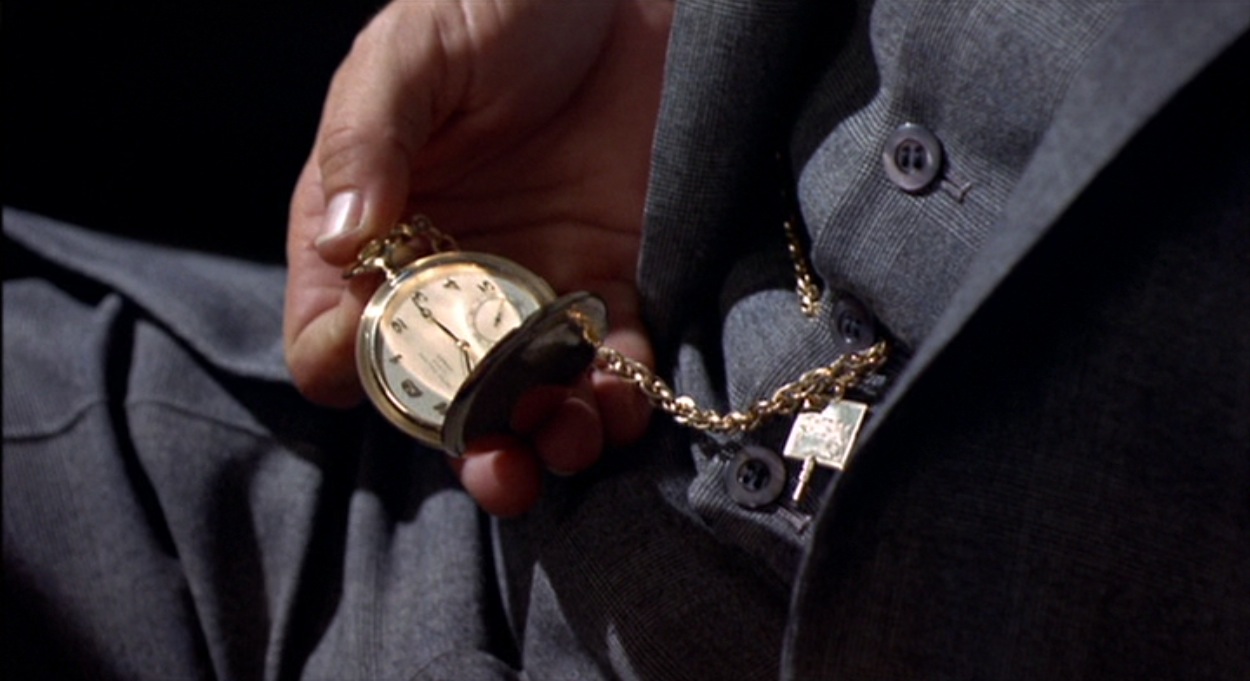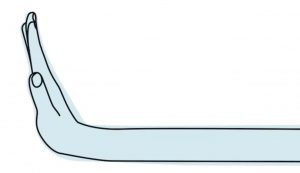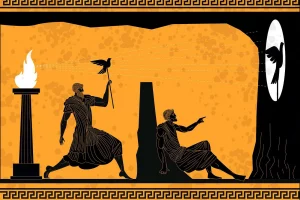An ethnography of tax-avoidance experts

Sociologist Brooke Harrington realized that if she were ever going to understand global inequality she would have to become one of the people who helps create it. So she trained to become a wealth manager to the ultra-rich. Although she never practiced as a wealth manager, training to join the profession opened the door to a secretive realm that would otherwise have remained closed to her. She was able to conduct 65 interviews in 18 countries in places like Switzerland, the UK, and the Seychelles, and now reports on her insights in a fascinating piece in the Atlantic.
This sort of “immersion ethnography,†while not common these days due to the high costs in time, effort, and money to undertake, harks back to the early days of anthropology and sociology, when research consisted largely of spending time with people in an effort to understand how they lived and saw the world. In contemporary practice, it is often the technique of last resort, when faced with a group too secretive or defensive to permit “outsiders†like social scientists to explore the backstage areas that are of so much interest. […]
As for wealth management’s wider impact, what I found over the course of this study was not only insight into the making of the vast wealth inequality growing around the world. There was also something bigger, and even more disturbing: a domain of libertarian fantasy made real, in which professional intervention made it possible for the world’s wealthiest people to be free not only of tax obligations but of any laws they found inconvenient.
She concludes:
Call it the “banality of professional powerâ€â€”the cultivation of a useful obscurity, which allows the very wealthy to exist in a realm of freedom verging on lawlessness. To the extent that this remains unknown and virtually unimaginable to everyone else, the realm will persist undisturbed. Public dialogue about inequality will remain stalled on the old tropes of “class war†and “envy†of the “wealth creators.†It may be more productive to turn the spotlight away from the rich themselves, and instead focus on the professionals who—in their quiet, discreet, and extremely effective way—make it possible for the wealthiest people in the world to gain all the benefits of society, while flouting its laws. Rather than asking whether the distribution of economic resources is fair, perhaps the more compelling question lies upstream, in the way that distribution is created in the first place: by a kind of shell game played with international law. Most people have little tolerance for such shenanigans on the street corner. What about on a global scale?
The full results of her research will be published next year in a book for Harvard University Press.



